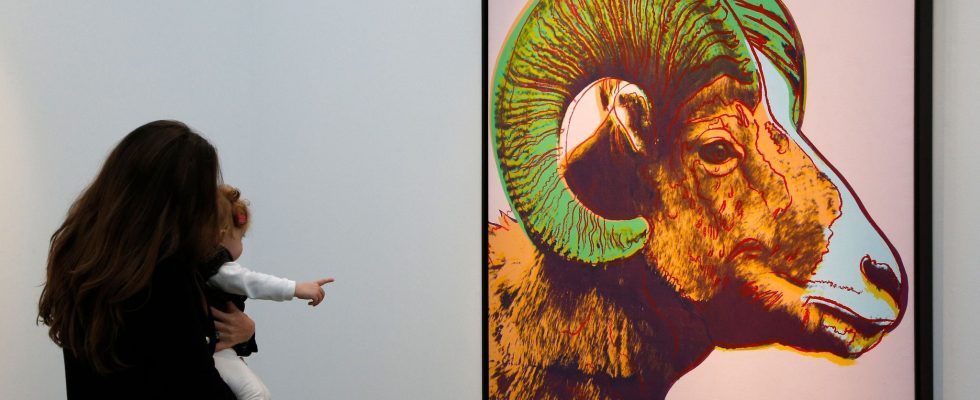Are you looking for effective investment strategies to diversify your assets and obtain decorrelation compared to traditional products? The art market is a ready answer. But, for many savers, it is a “passion” investment which seems out of reach because it is too expensive and reserved for connoisseurs. The very young company Matis, launched last September, provides a solution.
Presenting itself as “the first private platform for investment in works of art”, it offers a community of private investors the opportunity to come together to acquire pieces by great artists, such as Picasso or Warhol, those which sell best. . Matis’ objective: take advantage of opportunities to buy at a good price and thus ensure added value on resale, while limiting risk. “Our core target is indisputable works, from listed artists, with significant production, with an average value of 2.5 to 3 million euros,” explains Arnaud Dubois, its co-founder with François Carbone ( ex-Anaxago). In other words, those who are unlikely to see their rating drop, even if the investment offers no guarantee to holders.
Convertible bond
The start-up works with wealth management advisors or online players like Ramify or Finary. The investor is notified when a work is offered for sale. He can then participate, with a minimum amount of 20,000 euros. Do not plan to hang your acquisition on the wall of your living room, since you are in reality the holder of a financial security – it is a convertible bond -, which entitles you, upon resale, to a share of the added value corresponding to your entry ticket. The delay will vary depending on the operations. “To date, I have carried out 650 transactions for wealthy clients, and 88% of these works were sold within twenty-four months,” reports Arnaud Dubois.
Matis takes care of the transaction and all related logistics, for a 10% entry fee. The company also deducts part of the capital gain (20%). It aims for a return on investment of between 10 and 20%. “You need a minimum of financial assets to embark on this type of strategy,” relates Olivier Herbout, co-founder of the Ramify platform. “We recommend diversifying your bets on three to five works.” From a tax point of view, winnings are subject to flat tax, or single flat-rate deduction of 30%.
